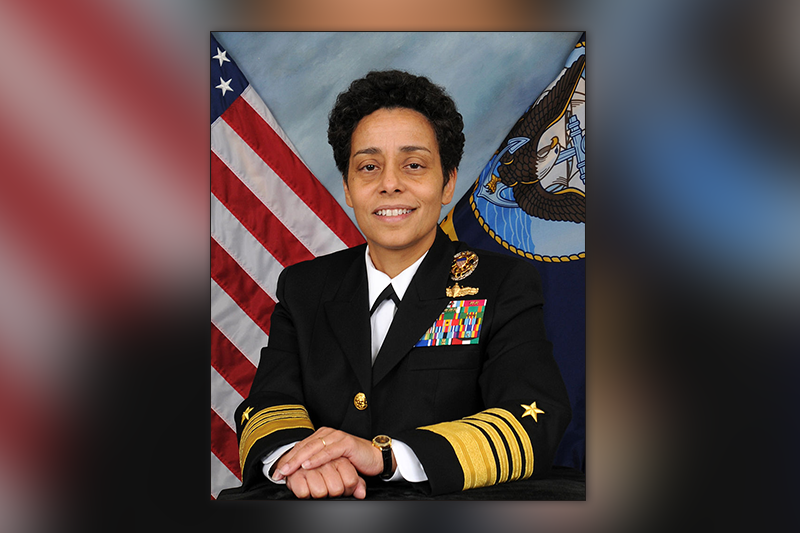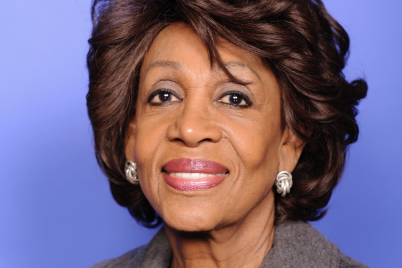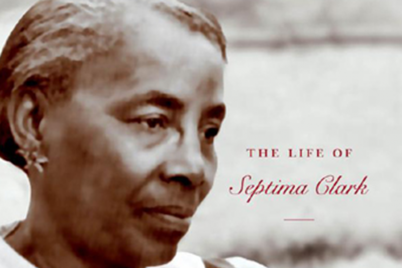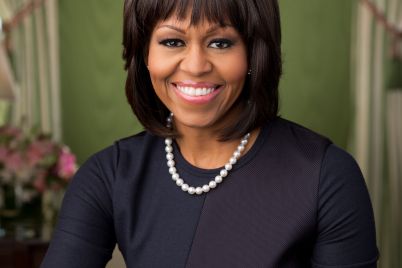Michelle Janine Howard, a retired United States Navy office
BY KEISHA BELL | Visionary Brief
Have you ever wondered how the family you were born into has affected your professional life? Some have understood privileges because of it; others experience institutionalized obstacles.
Meet Michelle Janine Howard, a retired United States Navy officer. Howard was born on April 30, 1960, on March Air Reserve Base in Riverside County, Calif.
Her father, Nick Howard, was a U.S. Air Force master sergeant. As a child, she had the unique experience of seeing the world through the eyes of a military officer’s child. There is no doubt of its lasting impression.
In 1982, Howard graduated from the U. S. Naval Academy. In 1988, she graduated from the U.S. Army’s Command and General Staff College with a master’s in Military Arts and Sciences. Over three decades later, on June 7, 2016, she assumed her last military assignment.
When considering that Howard was born before the passage of the Civil Rights Act of 1964, it is not surprising that throughout her military career, she would make history. She was the first African-American woman to command a U.S. Navy ship and the first to achieve two and three-star rank.
In 2006, Howard was the first admiral selected from the U.S. Naval Academy class of 1982 and the first female graduate of the U.S. Naval Academy selected for flag rank when she was selected for the rank of rear admiral.
In 2009, Howard assumed command of Combined Task Force 151 aboard the flagship USS Boxer. In that position, she played a key role in the rescue of Captain Richard Phillips after he was kidnapped by Somali pirates in the Indian Ocean. Hollywood documented this event with the creation of a major motion picture.
On July 1, 2014, Howard made history more than once. On that day, she became the first woman to become a U.S. Navy four-star admiral. Likewise, on that day, she became the first African American and the first woman to hold the post as Vice Chief of Naval Operations.
As noted, Howard’s father was in the military. She did not have to make the same career choice as him, but it is not uncommon that she did. By doing so, history was waiting.
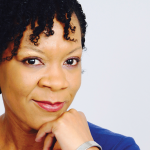
Keisha Bell
To think that it was easy for her is naïve. Maybe because of her father’s guidance and, in turn, seeing his success, she believed in the possibility of what could be. The seeds he planted were watered. She bloomed, and in doing so, Howard showed the world her father’s influence.
Keisha Bell is an attorney, author, and public servant.

